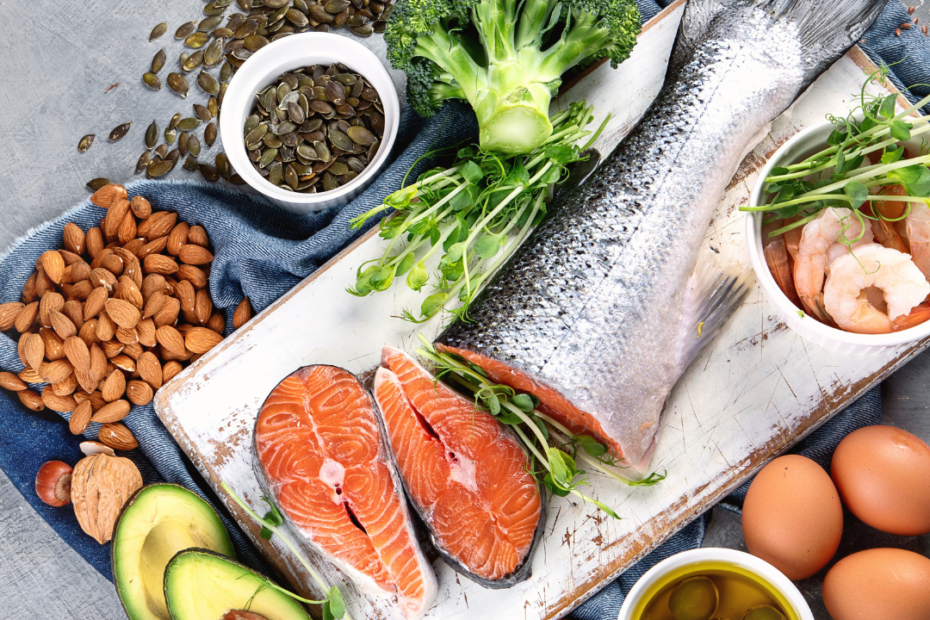Many of us spend a considerable amount of time looking for ways to stay healthy in the winter when we are more likely to be exposed to colds and other viruses. Look no further than vitamin D, also known as the sunshine vitamin. Here is a quick guide for what you need to know about vitamin D and where to get it to improve your physical and mental health.
Why is Vitamin D Important?
Vitamin D is essential for immune health and improves the immune response to germs. It also plays a role in bone health, mental health, muscles, and brain health. In addition, vitamin D works to control calcium levels in the blood. This is key because calcium helps to build bones and is used by muscles. In the brain, vitamin D supports cell health and offers protective benefits against Alzheimer’s disease and dementia.
The primary function of vitamin D is to support bone maintenance and growth at all stages of life. Infants and young children need vitamin D due to the fact they are growing and need this nutrient for proper bone formation. Vitamin D becomes more important for older adults who may eat fewer D-rich foods and get less sun exposure. Low levels of vitamin D can lead to weak bones and lead to an increase in fractures.
| Age | RDA for males and females in international units (IU) |
| Birth to 12 months | 400 IU per day |
| 1-70 years old | 600 IU per day |
| 70 and above | 800 IU per day |
Sources of Vitamin D
As previously mentioned, vitamin D is commonly referred to as the sunshine vitamin. The sun is the best source of vitamin D. We need approximately 15 minutes of sun on our arms and legs to make enough vitamin D in the summer, but it’s harder to get in the winter, particularly for those of us who live in climates that are cold and cloudy and when the sun is less intense.
During the winter months it is important to add foods that are good sources of vitamin D. Fatty fish such as salmon, mackerel, herring, anchovies, and sardines, as well as trout, tuna fish and swordfish are good sources. Aim for two servings of these fish weekly, (one serving is 4-5 ounces). Vitamin D can also be found in egg yolks and fortified dairy products, fortified cereals, orange juice that has been fortified, as well as mushrooms that have been grown in UV light.
Do I need a supplement?
Many Americans have low levels of vitamin D and could benefit from eating more foods that are rich in this nutrient. Before taking a supplement, it is advised to talk with your doctor and test your level. The most reliable test to check for deficiency is hydroxy vitamin D. Knowing your vitamin D level is important because the body can store excess vitamin D and too much could lead to vitamin toxicity.
Easy Ways to Add Vitamin D rich foods to your meals
– Include whole eggs for breakfast or hard boil eggs for salads or to eat alone as a snack.
– Add mushrooms to stir fries, scrambled eggs, omelets, fajitas, soups, and stews.
– Include dairy products to your day by making oatmeal with milk in place of water
– Choose yogurt as a base for smoothies
– Add cheese to salads, or have it alongside fresh fruit as a snack
– Include fatty fish mentioned above in your meals at least twice a week.
Content submitted by Janyce Gately – MS, RD, LDN, CHWC
